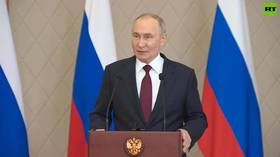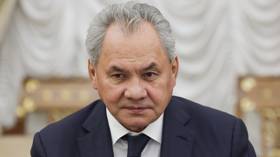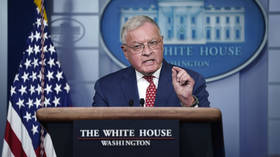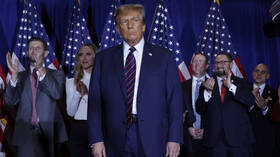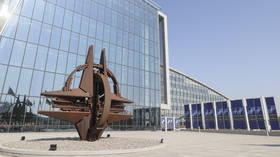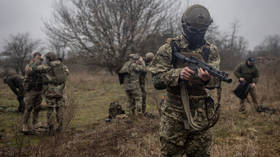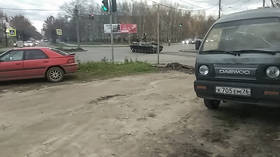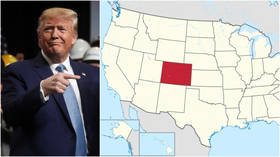Russia's 'secret weapon' for winning influence in Africa – and it's not what you might think
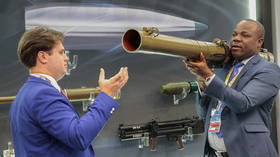
Russia's efforts to boost its influence in Africa, which was highlighted at this week's summit in Sochi, is not only about arms, nuclear power and investment deals, but also about the less tangible things.
Sochi International airport braced itself this week to serve over 100,000 travelers, as thousands of guests flocked to a historical event – the Russia-Africa summit. With 44 presidents and prime ministers of African nations in attendance, it is the pinnacle of Moscow's recent diplomatic measures to secure a more prominent influence on the continent.
Moscow's newfound interest in Africa comes at an opportune moment for the continent itself, according to Andrey Maslov, the editor of the Russia-Africa Shared Vision Report Ravision2030.com. "Russia's growing interest in Africa has coincided with accelerated integration processes on the continent," he told RT. "Now, Africa is not just a territory hosting more than 50 states. It is emerging as an independent player in world politics and international relations."
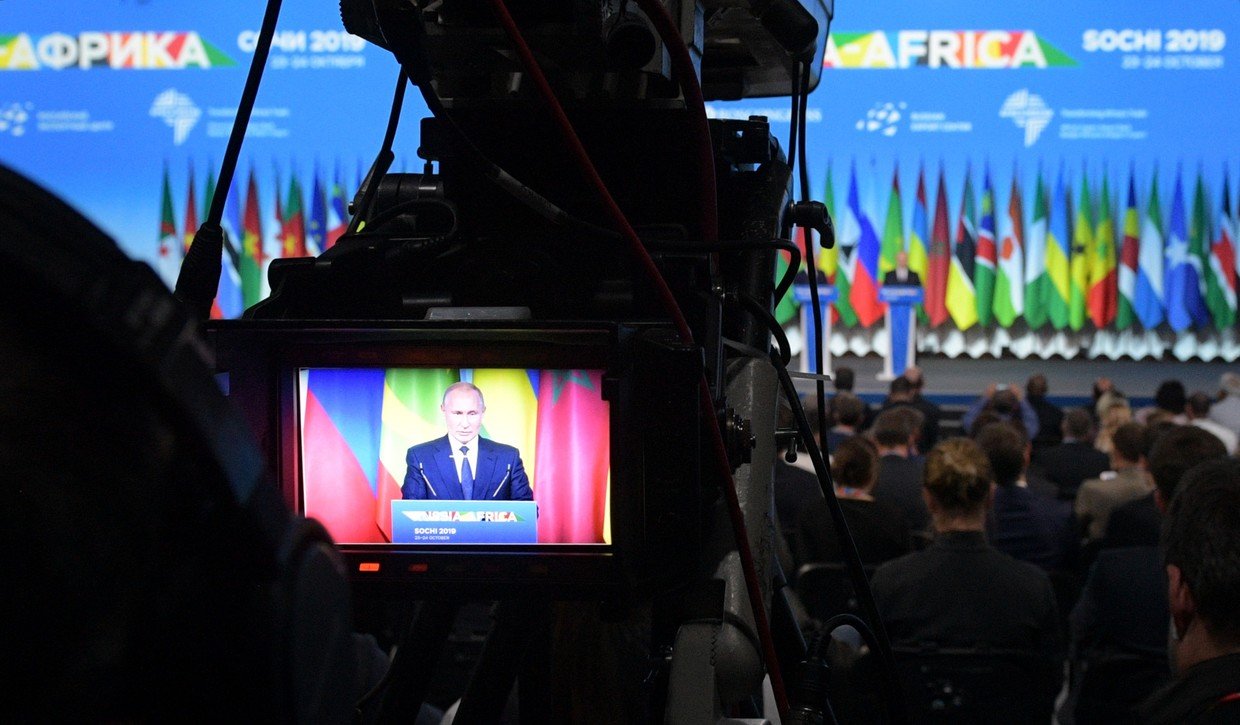
Soul kitchen
So far, the results look promising, both on the business side and in terms of diplomacy.
Russia has written off $20 billion in debt from the Soviet era and is setting up a $5 billion funding mechanism for Russian-African trade. Businessmen sealed some 50 deals –worth over $12 billion– on the sidelines of the gathering in Sochi. There is also an impressive list of billion-dollar arms contracts between African nations and Moscow.
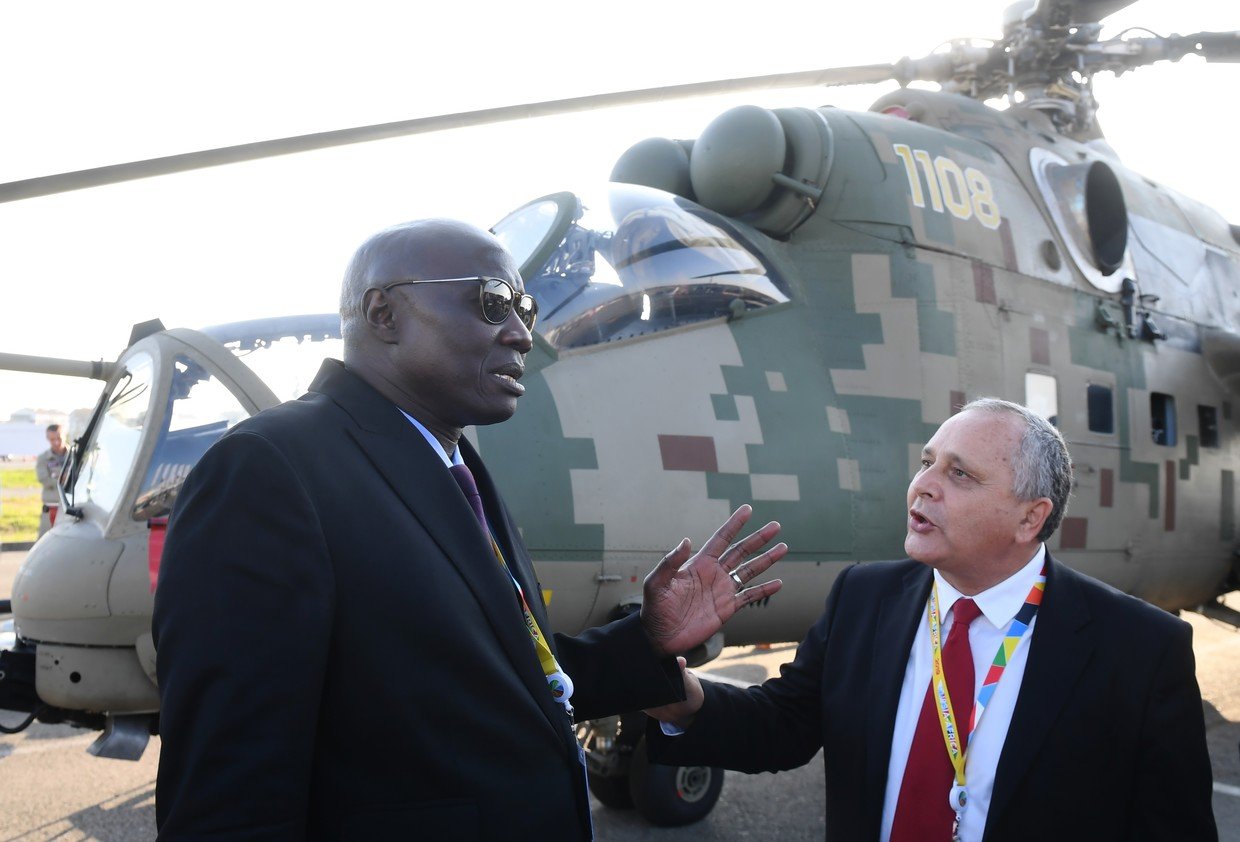
Yet, its results go beyond a set of lucrative deals. According to Maslov, the meeting has laid the foundation for deeper relations. "Russia returns to Africa on the basis of new values and new goals [rooted] in a mutual interest," the analyst said, admitting that he himself had initially been skeptical about the summit results but eventually changed his mind.
The African leaders who visited the summit also appeared to be pleased with its results. Abdel Fattah al Sisi, the president of Egypt –one of Russia's major partners in Africa– and the meeting's co-chair, called the summit a "success for all its participants."
Russian President Vladimir Putin, who hosted the meeting, hailed it as a "new page in Russia's relations with the nations of the African continent." "The meeting was business-like but still friendly and even cordial, providing a unique atmosphere for our discussions," he told journalists afterwards.
Indeed, the forum is meant to put extra wind in Russia's sails as it tries to catch up economically with countries like China, the US and India. A country's prominence in a region is, of course, not limited to arms deals and food sales but also involves less tangible things like culture, science or education.
All about clout
Unlike some western nations, Russia has a unique image on the continent as it has never been a colonial power and the Soviet Union supported many African nations' quests for independence instead. The Soviet legacy has left a lasting footprint on Africa as it was particularly based on a strong educational cooperation.
Many African leaders got their education in the Soviet Union. Among them are former president of Namibia Hifikepunye Pohamba, former prime minister of Chad Youssouf Saleh Abbas and former Tanzanian Vice-President Ali Mohamed Shein, who now heads the semi-autonomous Tanzanian region of Zanzibar.
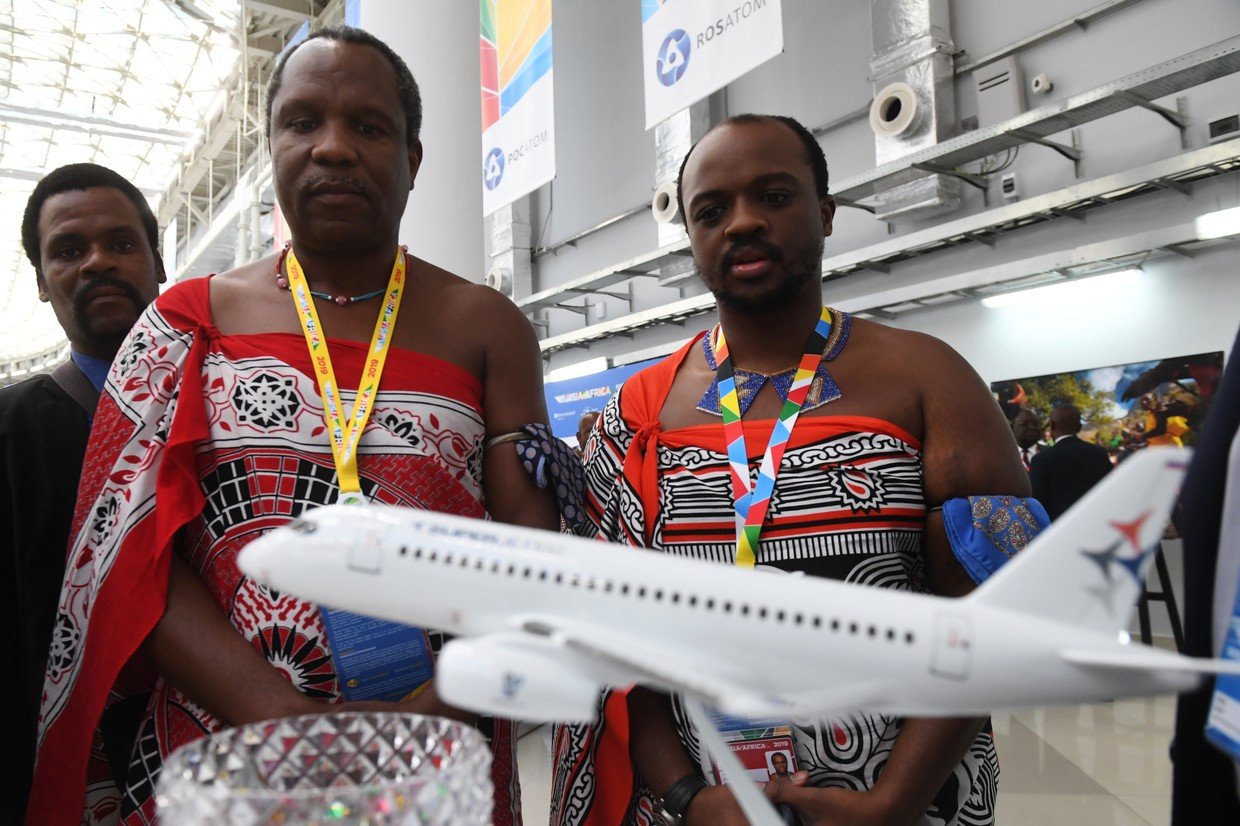
"Education is a key component of soft power," Vladimir Filippov, Rector at the Russian People's Friendship University (RUDN), told RT. The institution he heads was itself named after Patrice Lumumba, the Congolese pro-independence leader and first prime minister, who was infamously assassinated in 1960 in a CIA-backed coup.
"The USSR played a key role in creating education systems in many African countries," Filippov said, adding that "education still remains our biggest power." His university alone has inked almost 50 agreements with African educational institutions, including 20 over just two last years.
“Russia has a strong posture in the world when it comes to education,” Filippov said, adding that it provides high-quality educational programs, which are in high demand among foreign students and are cheaper than those offered by Western universities. “Most families in Africa do not have enough income to send their children to the UK or the US, but they can afford to send their children to Russia.”
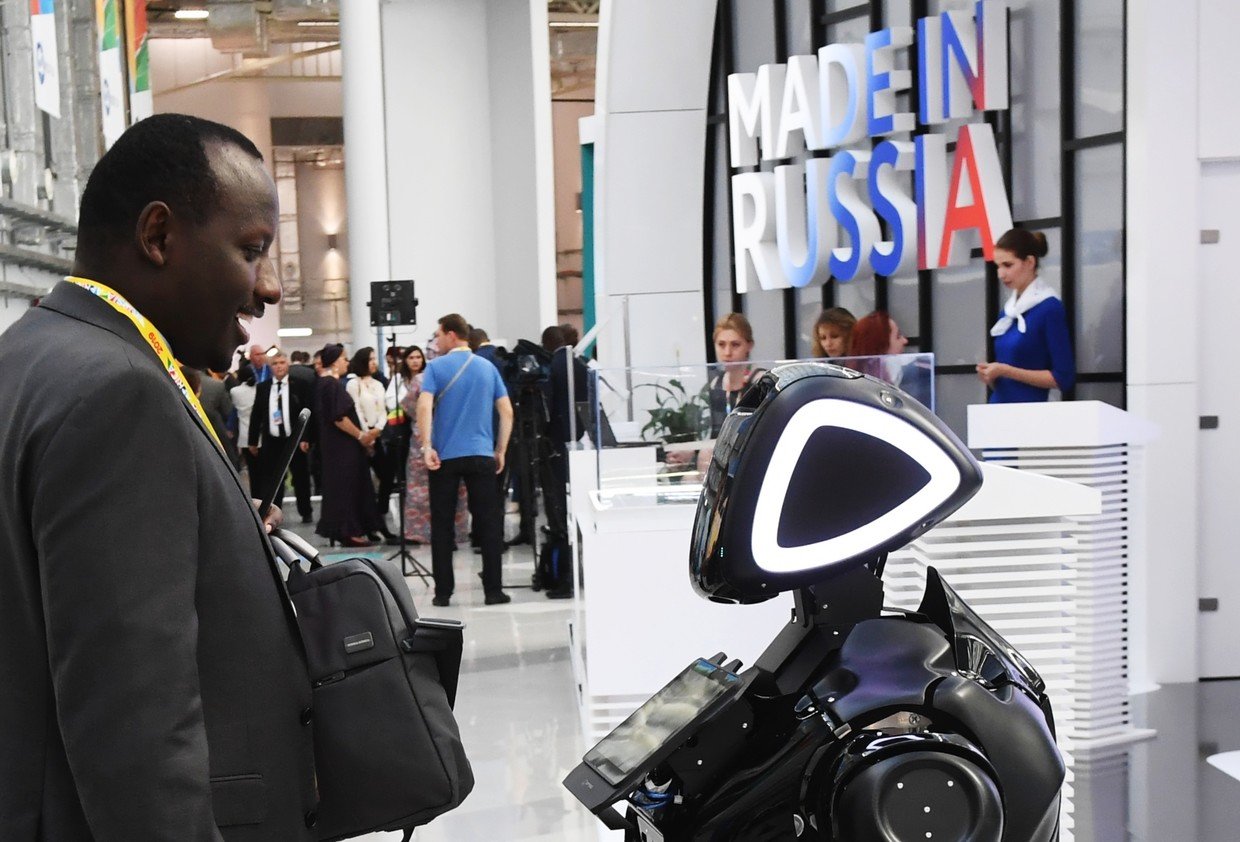
Now Russia is gradually winning back what was almost lost after the collapse of the USSR, not least in terms of educational cooperation with Africa. In 2018, some 17,000 students from more than 50 African countries were studying in Russia, according to Pavel Shevtsov, a deputy head of Rossotrudnichstvo – a federal agency with special responsibility for cultural and educational exchanges with foreign nations.
Speaking to RT, Shevtsov said that, every year, the Russian government provides opportunities for some 15,000 foreign students to study at Russian universities for free. Some are granted scholarships from the Russian government directly or from big Russian companies like Rusal or Rosneft, which employ such students at their African branches after graduation. Yet, the interest in getting education in Russia is much higher among Africans: more than 36,000 people from the continent applied for it last year alone, Shevtsov said.
No small-timer
Russia's soft power in Africa is not limited to education, however. Rossotrudnichestvo runs science and culture centers in eight African countries, including Egypt, Zambia, Tanzania and the Republic of The Congo, which are actively engaged in promoting the Russian culture and language, particularly among young Africans.
According to Shevtsov, more than 100,000 people in sub-Saharan Africa speak Russian while, in Northern Africa and Middle East, their number has reached 1.3 million.
Also on rt.com Lack of colonial baggage & investment in peace put Russia ahead of other players on African continent, SA minister tells RTRussia might not fully catch up with other global powers active in Africa, like China or the US. However, it has every chance of gaining a strong foothold on the continent. After all, its approach to dealing with African nations is free from the prescriptions or conditions imposed by the likes of the International Monetary Fund or the World Bank. It would also hardly put any African states under the political or ideological pressure often exerted by Western nations, as Moscow has repeatedly stated that it respects the principle of non-interference in other nations’ domestic affairs.
Given its renewed diplomatic and soft power efforts underpinned by longstanding ties to some African nations going back to the Soviet times, Russia, which was described by some Western media as an “ad hoc” player in Africa, might soon become a force to be reckoned with on the continent.
If you like this story, share it with a friend!


